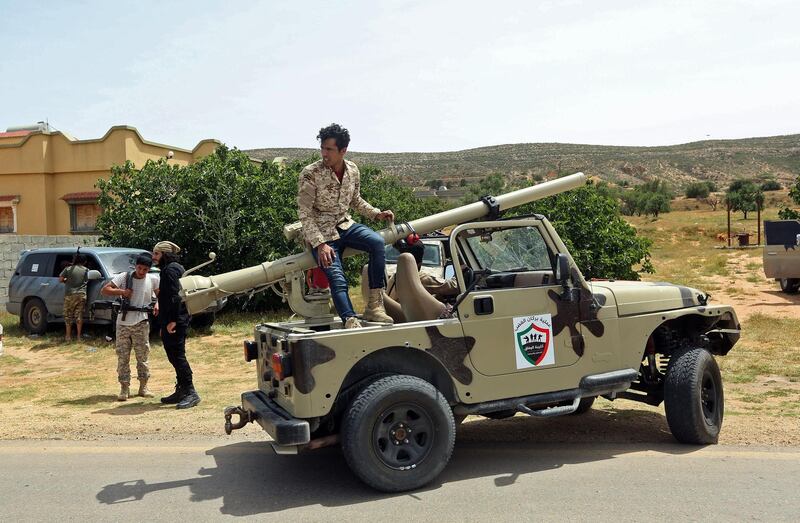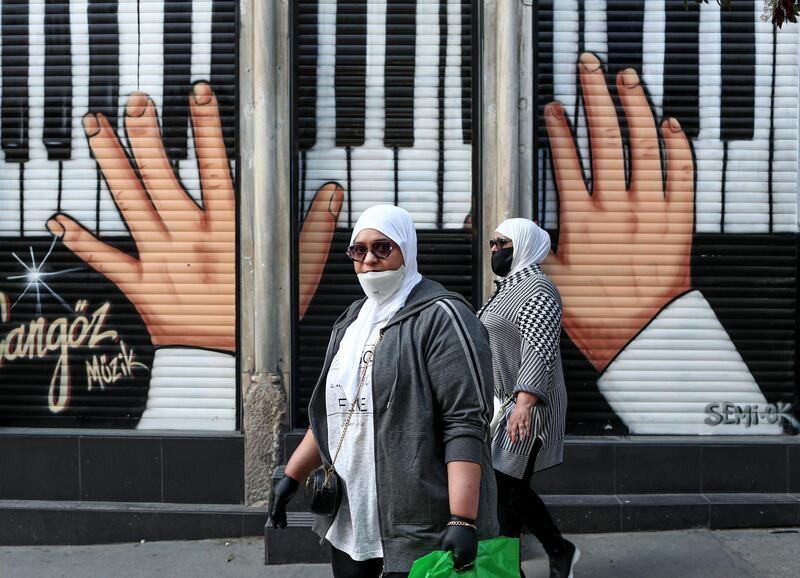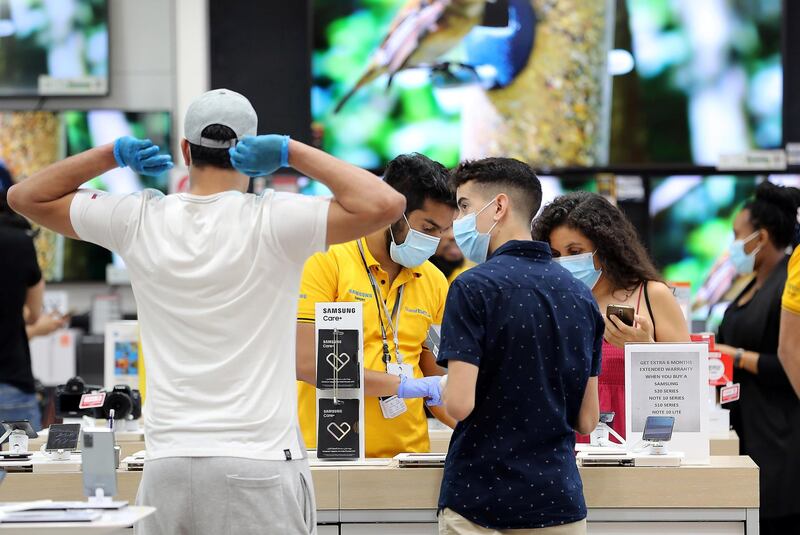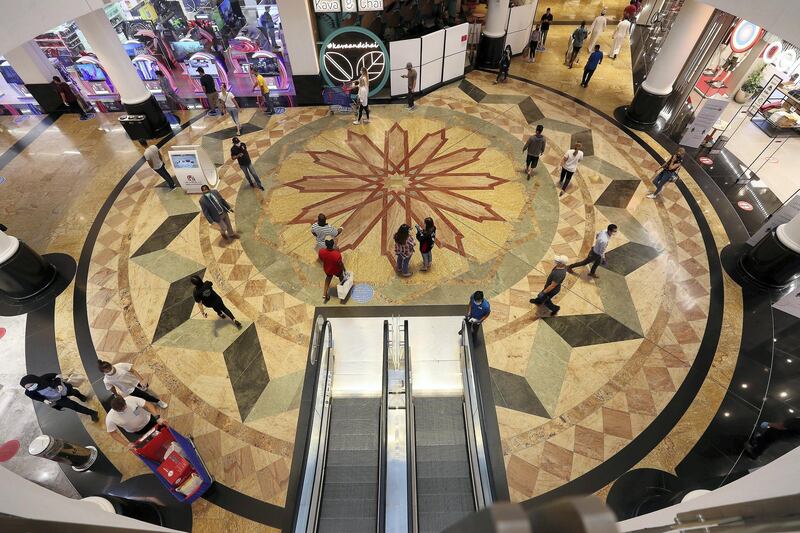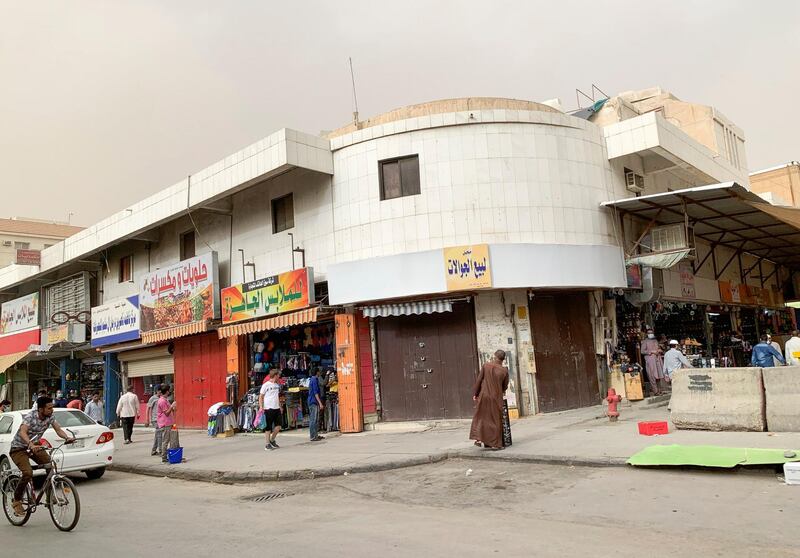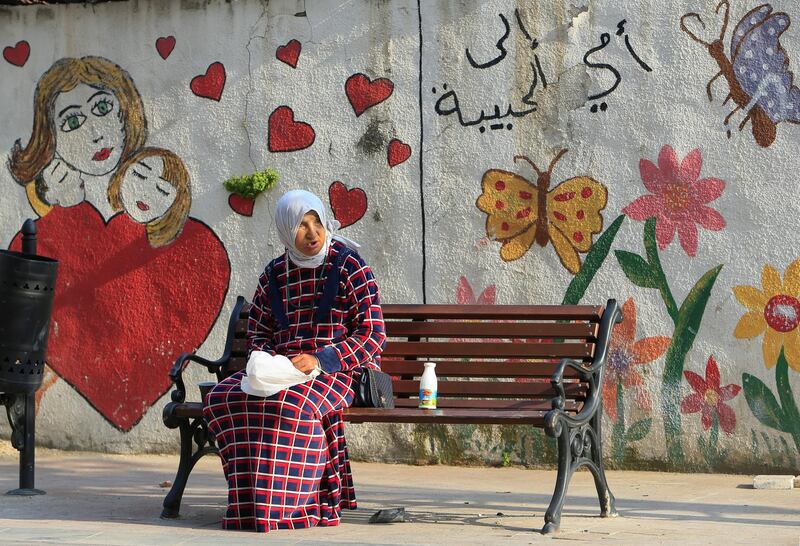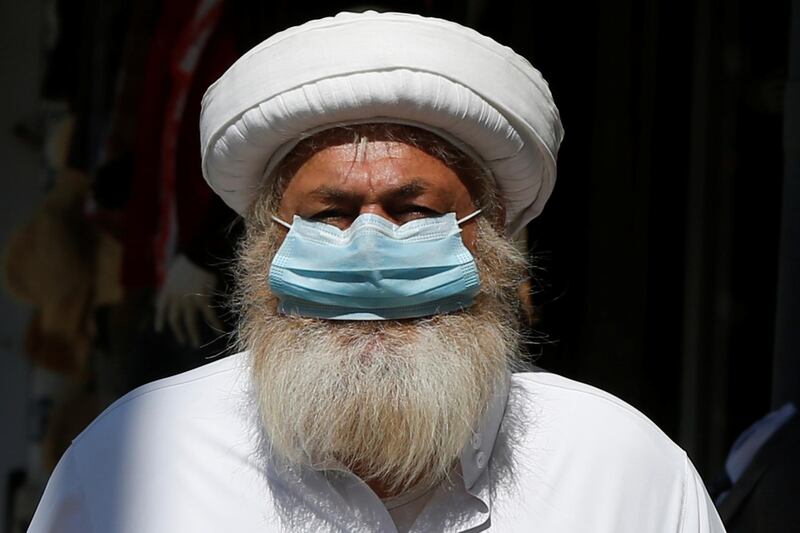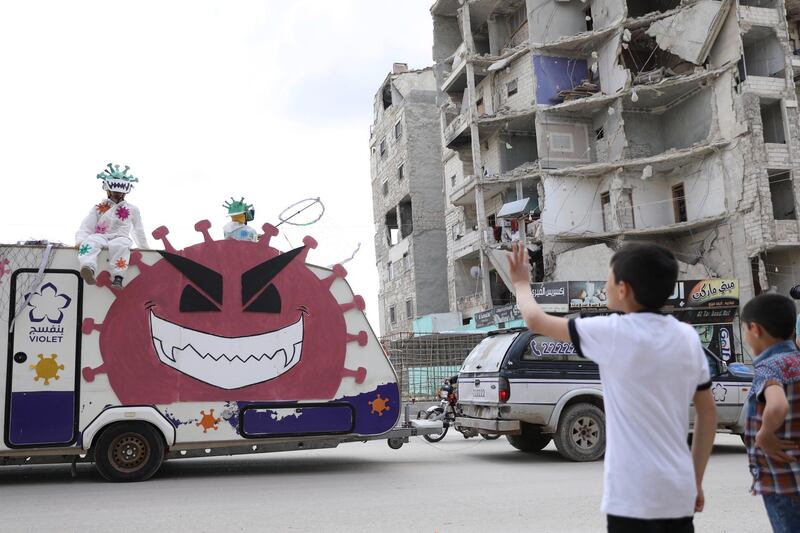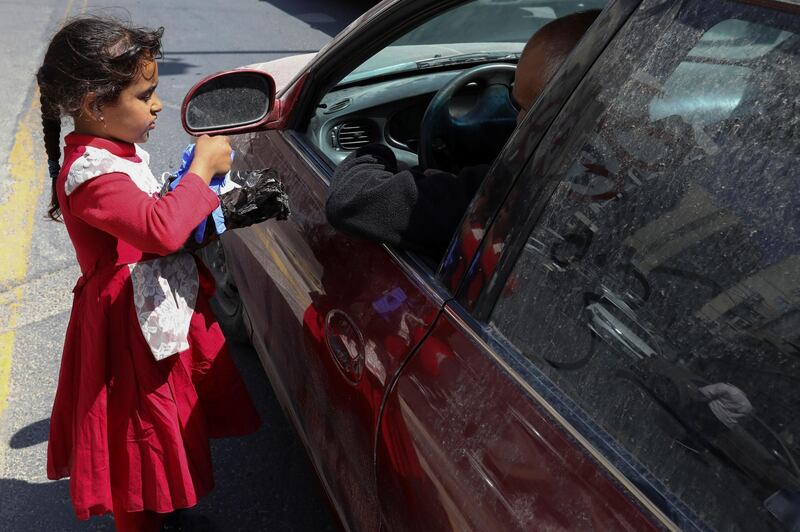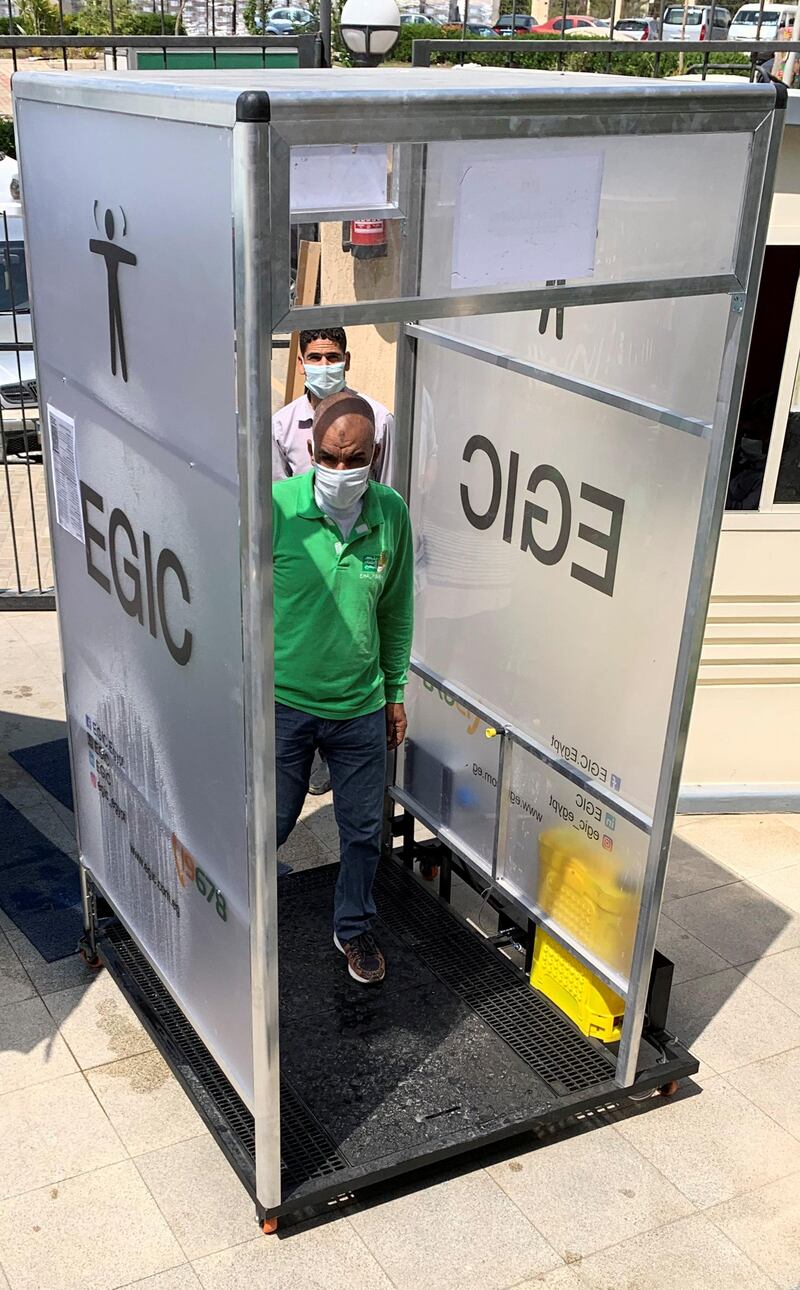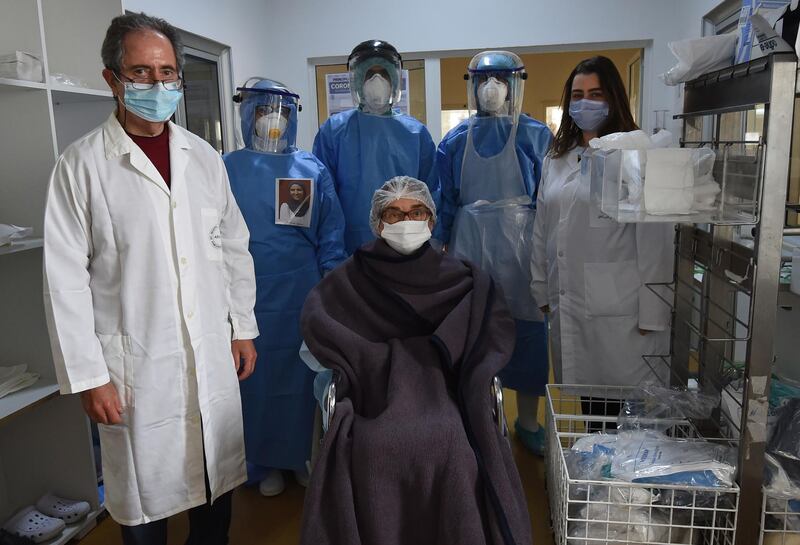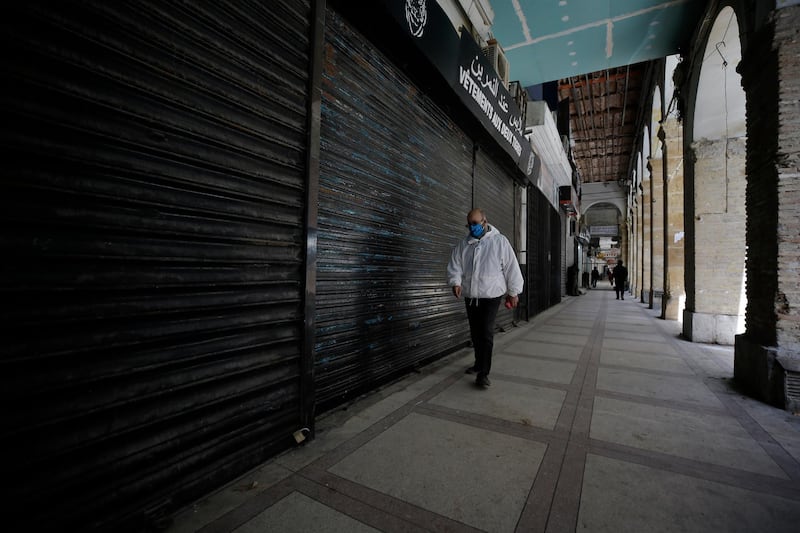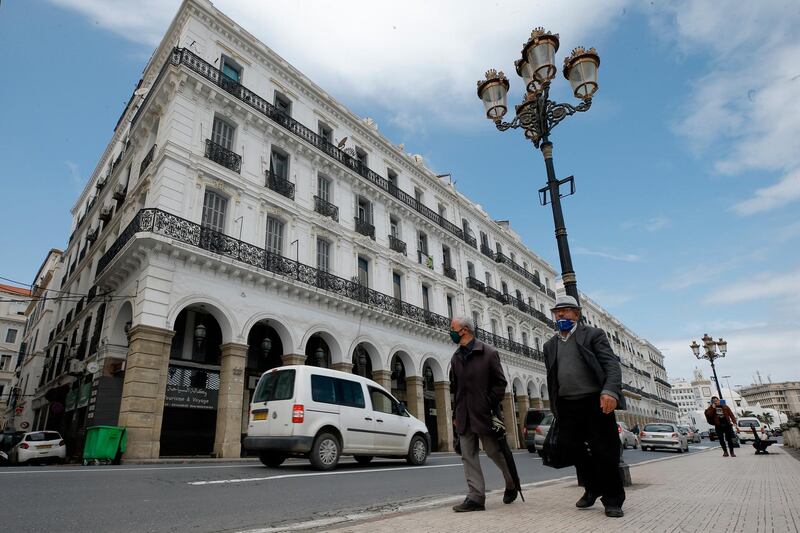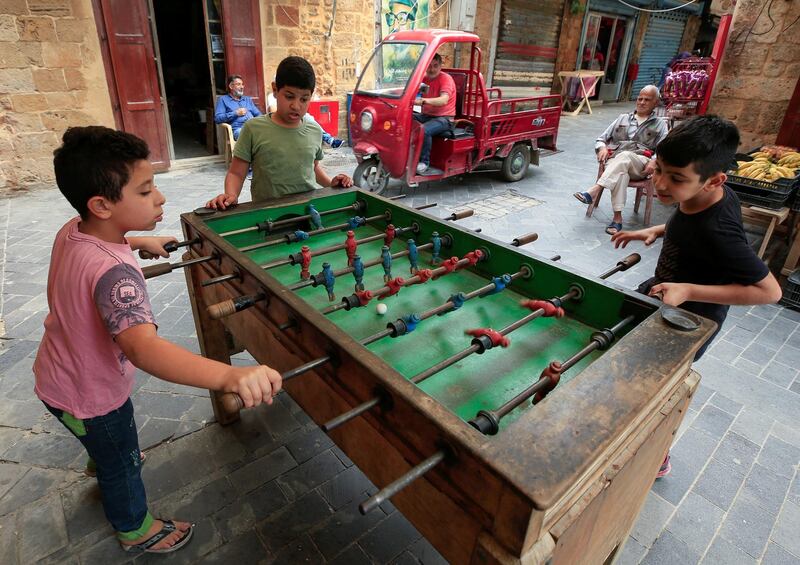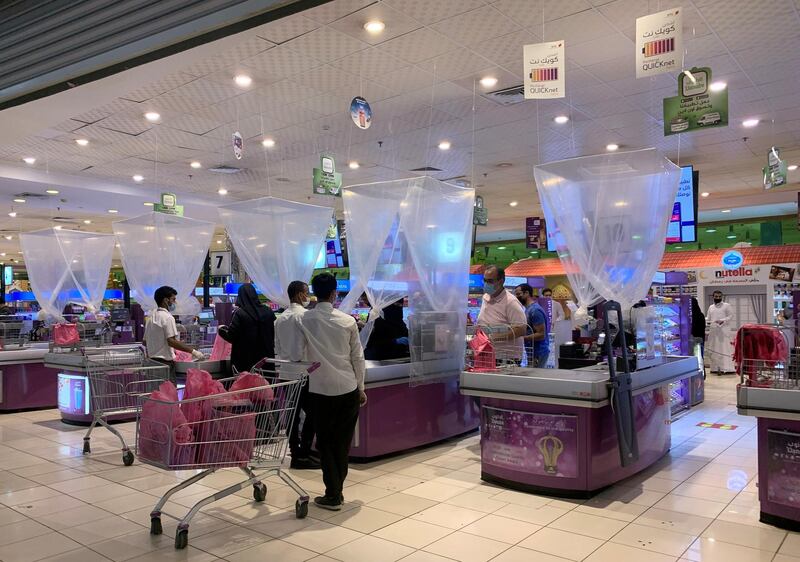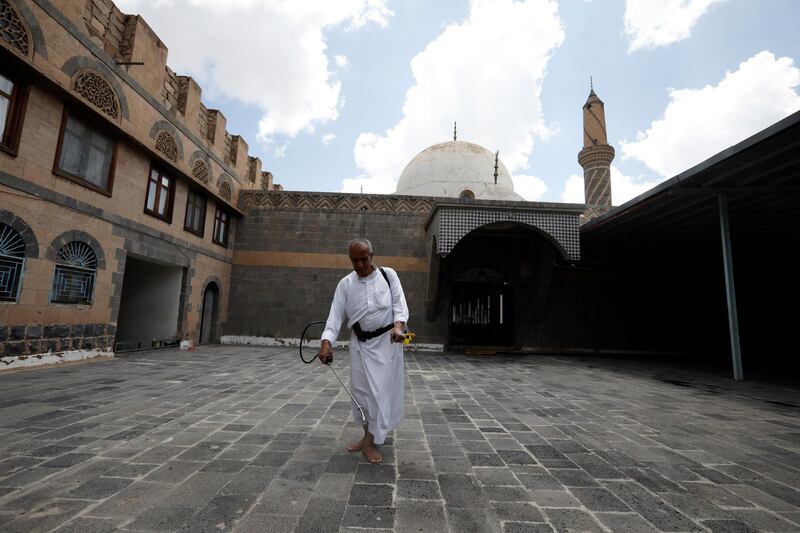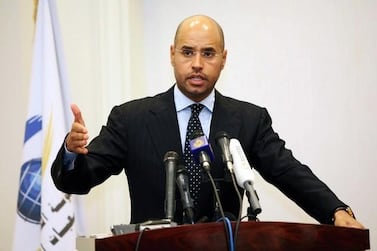Eastern Libya’s Field Marshal Khalifa Haftar has announced a cessation of hostilities for the month of Ramadan following international calls for a ceasefire due to the ongoing coronavirus pandemic.
As yet, the Government of National Accord in Tripoli has yet to respond to the offer from the head of the Libyan National Army and AFP reported explosions in the centre of the capital after Field Marshal Haftar’s announcement.
"The commander-general announces the halting of military operations from his side," a spokesman for Field Marshal Haftar, who controls swathes of eastern and southern Libya, said from the eastern city of Benghazi.
The call for a truce during Ramadan, which began in Libya on April 24, came in response to "appeals from friendly nations," Field Marshal Haftars’ spokesman said.
He warned violations by the GNA would be met with an "immediate and harsh response."
Last week, the UN, EU and several countries called for both sides to lay down their arms during the holy month.
The Tripoli administration has tried to implement a curfew to stop the spread of the coronavirus and the eastern government has taken similar moves but the UN warned that in the war Covid-19 could quickly infect thousands.
Libya only has 61 confirmed cases and 2 deaths but the number is believed to be extremely low as there is no widespread testing taking place.
Coronavirus around the Middle East
The announcement comes after pro-Haftar forces suffered a series of setbacks in recent weeks, with GNA forces ousting them from two key coastal cities west of Tripoli.
Backed by Turkey, who has sent soldiers and thousands of Syrian militiamen with ties to extremist groups, pro-GNA forces are now encircling Field Marshal Haftar's main rear base at Tarhunah, 60 kilometres southeast of the capital.
Since launching an offensive to seize Tripoli last April, several cease-fires between Field Marshal Haftar's forces and the GNA have fallen apart, with both sides accusing the other of violations.
On Monday Field Marshal Haftar claimed he had "a popular mandate" to govern, declaring a key 2015 political deal over and vowing to press his assault to seize Tripoli.
The oil-rich North African nation has been gripped by chaos since the ouster and killing of longtime dictator Muammar Qaddafi in 2011.
The UAE too reaffirmed its call for an immediate and comprehensive ceasefire and said it was committed to a political solution to the conflict.
The Ministry of Foreign Affairs and International Cooperation “emphasised the UAE's support for a political solution and called on all parties to commit to the political process under the supervision of the United Nations.”
The Ministry said, “a political solution is the only way forward to achieve security and stability in Libya.”
The ministry also expressed its “concern over Turkish interference … via the deployment of militants belonging to terrorist organisations in Libyan territory in flagrant violation of UN Security Council resolutions, as well as the smuggling of arms in violation of UN resolutions … resulting in stalled efforts to achieve a ceasefire.”
The Ministry also noted its categorical rejection of Turkish military intervention, noting that such acts impede the chances of a ceasefire succeeding and hinder international efforts to reach a comprehensive political solution to the Libyan crisis.
